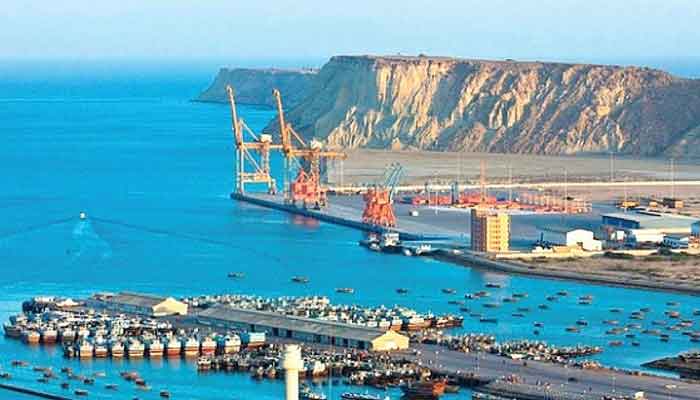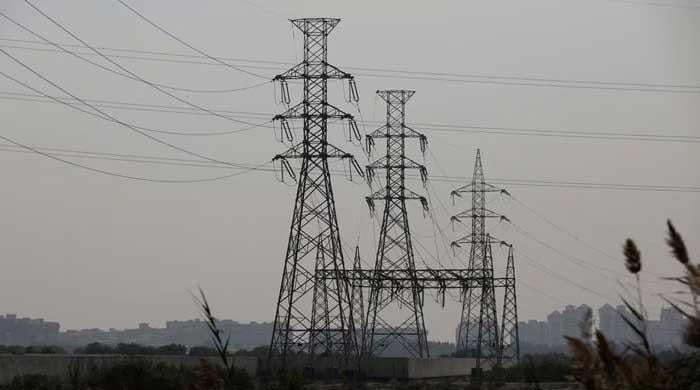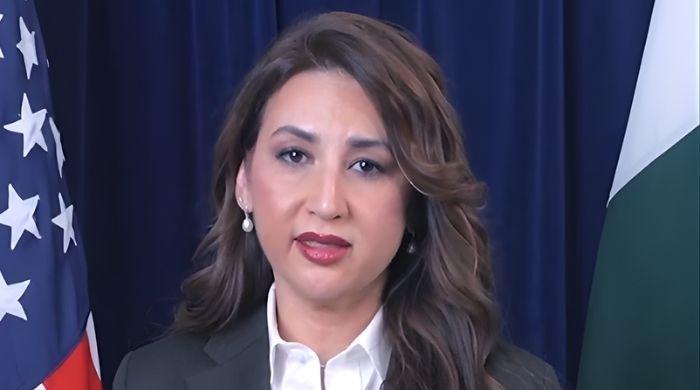CPEC long-term plan stunting for growth in Pakistan, claims senior official
Senior official says CPEC plan did not result into a "mutually constitutive" developmental alliance
March 11, 2020

ISLAMABAD: Senior bureaucrat Dr Safdar Sohail Tuesday termed the long-term plan of China Pakistan Economic Corridor (CPEC) “stunting”, as it did not result into a "mutually constitutive" developmental alliance between the two sides, reported The News on Wednesday.
Dr Safdar Sohail, Special Secretary Cabinet Division, was the first convener of the Joint Working Group on Industrial Cooperation when the CPEC was conceived and materialised into billions of dollar worth of projects.
He also disclosed that both sides decided to establish Industry Cooperation Fund, but that was never materialised. Dr Safdar remained affiliated with the CPEC at different positions in the past. He was the lead negotiator on CPEC Long Term Plan, and then served as the founding Executive Director of CPEC Center of Excellence.
Also read: Turkey ready to join CPEC projects, President Erdoğan says
He made these bold and blunt remarks during a one-day dialogue on industrial cooperation under the CPEC and SEZs framework arranged by the Board of Investment here. Dr Safdar said he was using the harsh word of “stunting” for the CPEC Long Term Plan because it failed to achieve the strategic institutional thickening.
He said corporations on both sides joined hands with the help of some political elites and a handful of bureaucrats, channelising their investments into such ventures where the short- term benefits were personalised and long-term risks were socialised.
Agreed in November 2017, Dr Safdar further said, the CPEC LTP did not lend itself to any kind of 'mutually constitutive' development alliance. “This 'aspirational plan’ actually is an amalgamation of old China-Pakistan Cooperation Agreement, LTP Outline MoU and Draft Production Capacity MoU 2015, leaving Chinese and Pakistani LTP aside” he added.
Also read: PM Imran postpones Karachi visit due to bad weather
“It was a bad luck for the LTP process that the mid-level officials of NDRC coordinating the Early Harvest Program (EHP) had also taken in their hands to conclude the LTP. They were somehow averse to accepting any long-term commitments with Pakistan, he added.
Now, he said both sides had the new terms of second phase, without clearly speaking what the first phase was and without evaluating the performance of the first phase under the CPEC.
For way forward, he suggested that there was a need to create conditions for a reset of CPEC starting with the vision and goals, setting new priorities and new framework of a Long Term Strategic Economic Partnership between Pakistan and China.
Also read: SC orders Sindh to expedite work on KCR, tells authorities to 'resettle people first'
Without a major upgradation of governance capacity, he said the chances of optimally benefitting from the CPEC would continue to be slim. But, CPEC could not wait for an overhaul of the whole governance apparatus. Therefore, there is a need to go for a selective institutional thickening both at the federal and local level which has a demonstrated capacity of being effective, he added.
For industrial development, he suggested enhancing governance capacity of trade and investment officers, aligning development policies and internal policy reform agenda with CPEC by building industrial infrastructure and upgrading Regulatory and Policy Support System.
Originally published in The News









